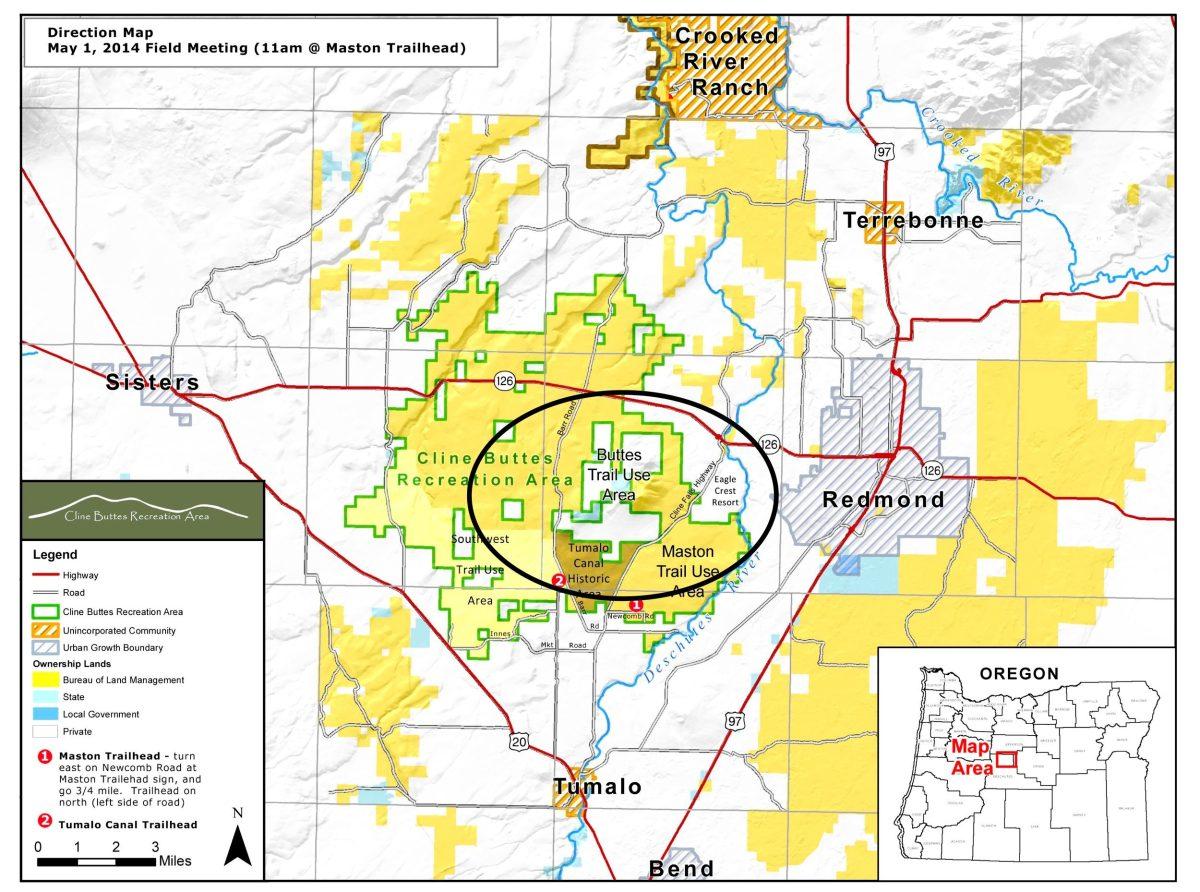
Flaming. Trolling. Bashing. All of these are familiar terms to anyone who has spent any time on an Internet forum. Posters with pseudonyms using malicious words to attack people they don’t know, people who they might nod politely to if they ever met on the street.
The Internet can be a glorious thing, expansive and vast. It is an endless supply of information, and has opened pathways of communication that were never before dreamed of. But the Internet is also a cloak. It allows people to say, essentially, whatever they want to whoever they want without consequence, because they can say it anonymously. Sometimes the mask the web provides can be a good thing; it allows people to spread their ideas without fear of persecution. However, it also permits people to spread rumors and speak cruelly, without taking responsibility for their words.
This manner of “flaming” has found its way onto our campus, through the venue of The Broadside’s website. Recently, there have been a lot of comments on the site, many of which are productive and valuable critiques, either of the paper’s content or the issues being reported on.
Unfortunately, there has also been name calling and rumor spreading.
Students posting on our website have said hurtful things to and about other students, which they wouldn’t say if they were speaking to that person face to face. I know this because most of these comments aren’t signed.
Why say something if you’re not willing to admit you said it? To let the veil of anonymity provided by the Internet shield you from the consequences of your words? Signing your hateful comment with a snarky pseudonym may protect you from backlash, but it doesn’t lessen the sting for the person on the receiving end.
Aside from being, frankly, mean, the trend of anonymous flaming is unproductive. The freedom to say whatever you want without consequence comes to the detriment of productive discourse. Whether you’re posting to a member of the student council or a Broadside reporter, your opinions and critiques have value and should be heard. However your comment is not likely to be taken seriously if the reader has to wade through carelessly flung personal insults to find the point you’re trying to make.
We have a great campus here at Central Oregon Community College and Oregon State University-Cascades. Let’s make an effort to take the same respect and civility that is shown on campus and transfer it to how we behave on the web.
It’s your right to voice any concerns or complaints you may have; it’s even okay to be angry. The most productive thing you can do with your critique is speak with the person whom it concerns directly. However, if you can’t do that, The Broadside’s website is a great venue to make sure your voice is heard. As you’re writing your comment, keep in mind that the person who will read it is a student, just like you. Make your point, but do so in a way that opens the door for improvement, not in a way that is intended to hurt feelings– and then sign your name. If you find you’re not willing to do either of these things, maybe you don’t have anything to say after all.







